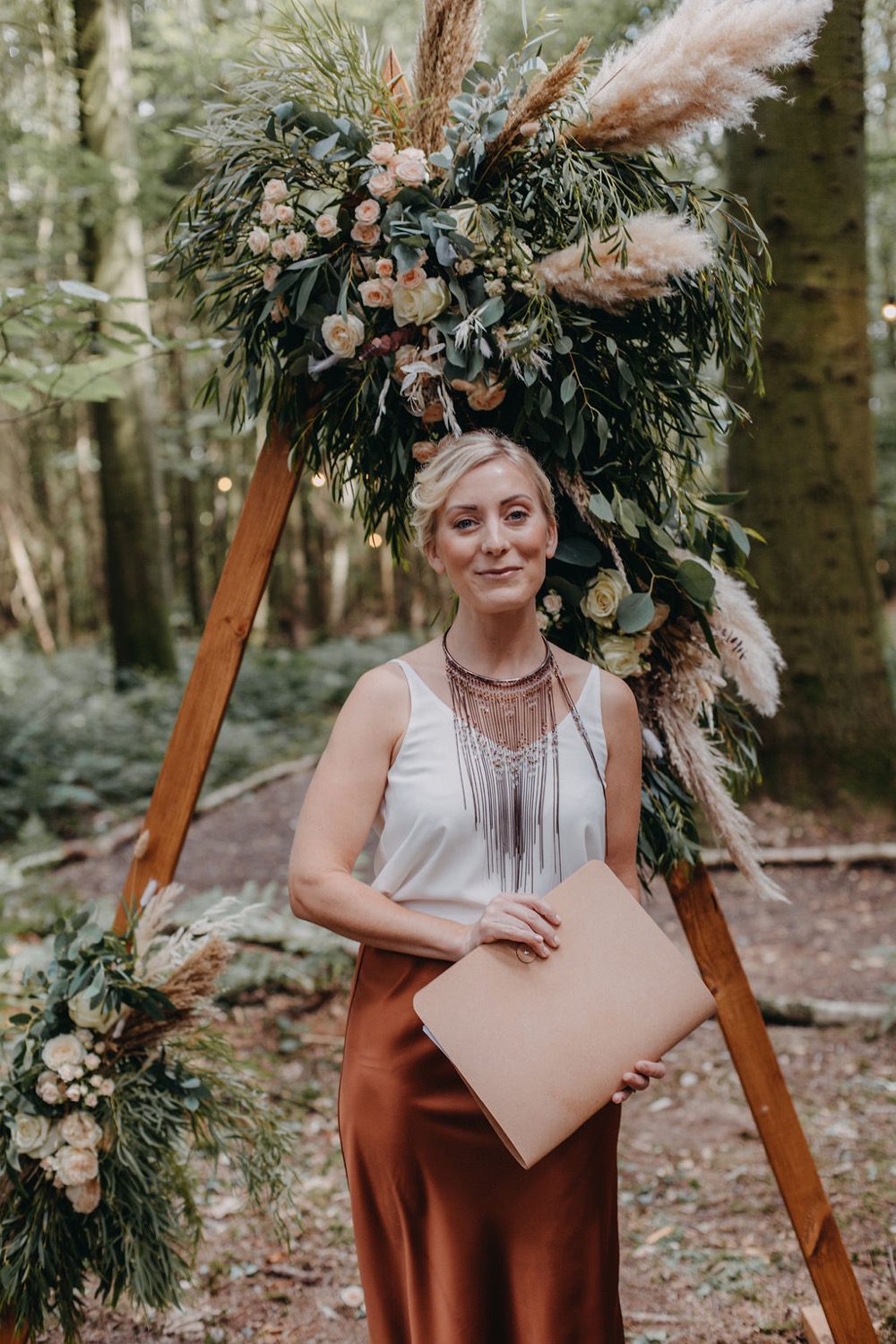Parliamentary Debate on Weddings - What Can We Expect To Happen Now?
- Natalie @ Rose & Grace

- Nov 10, 2020
- 4 min read

Could this be the turning point for the wedding industry?
Yesterday evening a debate took place in Westminster Hall after 110,000 people signed a petition to allow greater numbers at weddings according to venue capacity.
Watching the debate it was encouraging, to say the least, to hear government ministers discussing the vital importance of the wedding industry, to both the economy and to people’s lives. As one MP stated, “these are not just viable businesses but world-leading enterprises, generating and contributing billions of pounds to our economy”.
In the year prior to the Covid-19 outbreak our industry, which employs over 400,000 people, turned over £15 billion. The reduction of allowed guests to 15 on 22nd September saw 15,000 – 20,000 weddings cancelled and a loss of £450 – £600 million in revenues.
During the debate there was much discussion in particular around wedding venues. Some of the keys issues that they have been facing were outlined as follows:
1 – The limit on numbers, whether it be 15 or 30, is arbitrary and should be related to the size of the venue.
2 – The majority of venues say that 50 guests is an economic number and that it is difficult to break even with lower numbers.
3 – Venues have not been given the chance to operate Covid-safe weddings even though all guests are known to the bride and groom and are therefore easier to track and trace. There is also a very strong vested interest amongst friends and family to look after one another health-wise.
4 - It’s been much more difficult in practice for wedding venues to access financial support than other hospitality businesses partly because they have, outside of national lockdown, been able to stay open, but staying open for 15 or 30 guests isn’t financial viable for some venues.
5 - People book weddings up to 18 months in advance; therefore the industry has been badly hit by a lack of visibility going forward – an industry that can’t stop and start like other hospitality businesses can.
Ministers recognized during the debate that as well as the venue; every wedding also involves around 25 suppliers and supports the local economy by bringing guests to the area for 2 or 3 days where they will spend on food and accommodation.
It was acknowledged that across the whole sector we have been ignored until now in terms of financial support and that we have been closed in all but name. Trade has essentially stopped but not officially closed leaving many businesses excluded from grants and VAT relief. But finally, the recognition has come that specific financial support is needed if our industry is to survive and facilitate all those weddings that have been deferred until 2021 and 2022.
What can be done outside of financial support?
Elliott Colburn MP, who led the debate, mentioned the positive advancements concerning a vaccine but insisted that we must also have a plan B for living with the virus in the short and long term.
He suggested that this could begin by allowing for more guests based on venue capacity. For instance, if a venue has a capacity of 600 people, social distancing could still be practiced with a fifth of this number.
What venues are saying is that they are more than happy to do whatever is needed to open for their couples. Buy using risk assessments and following Covid-secure guidance they are perfectly capable of making weddings safe in the same ways as restaurants can provide safe dining.
Mr Colburn informed his fellow MPs that “Northern Ireland has operated socially distanced weddings since June until the more recent restrictions were brought in. They were allowed parity with hospitality and there are no known outbreaks associated with weddings in Northern Ireland.”
He also pointed out that weddings are the perfect place to trial rapid testing. "Given the planning involved in a wedding it would be relatively easy to share the details of guests prior to the event, conduct testing on arrival if necessary and test and trace after the event has taken place". He suggested that this be considered as a potential pilot.
He stressed that “further restrictions and uncertainty will only cause further damage so a commitment to socially distanced weddings, to rapid testing trials and to equitable support for the wedding industry will help to deliver a bounce back.”
Paul Scully, a Minister from the Department for Business, Energy, and Industrial Strategy confirmed that he is bringing Health England and the wedding sector together and talked of a proposed task force so that the industry can help come up with the solutions.
The overriding message from all Ministers involved in the debate was that couples and businesses in the sector can no longer be left in this state of limbo. But rather, restrictions need to be revised following this current lockdown and a road map set out for reopening the wedding sector and allowing couples to plan or re-plan their weddings.
Click here to watch the debate or read the debate transcript.
Natalie Davies, Certified Wedding Celebrant, Rose & Grace Ceremonies




Comments